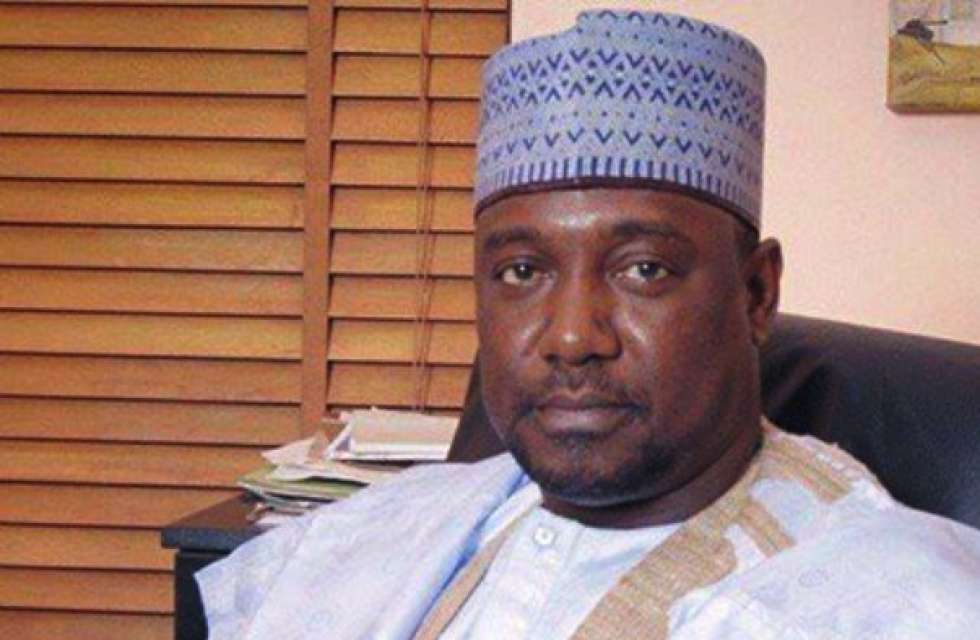The Niger State Governor, Abubakar Sani Bello, says henceforth, movement of officers to Grade Level 17 must be based on exhibition of requisite skills and competence as well as performance.
The Governor stated this when he declared open a three-day retreat for Deputy Directors in the State Civil Service, organised by the office of the State Head of Service in collaboration with the Institute of Administration, Ahmadu Bello University, Zaria.
Bello explained that the retreat is a reaffirmation of his administration’s desire to strengthen and reposition the Civil Service to perform its statutory responsibility as a major stakeholder in policy formulation, implementation and general administration of the state towards the growth and development of the state.
He reiterated that the capacity of the Civil Service to effectively deliver on its expected role of implementation of Government policies and programmes is non-negotiable, even as government will sustain efforts to provide enabling environment for those with adequate zeal and necessary qualifications to stand out.

The Governor assured that the state Government will take every opportunity to enhance the abilities of all public servants in a competitive process so that they would be better placed to contribute positively towards the realization of its goals.
He said he believes doing this will ensure a vibrant, dedicated and result oriented civil service at all levels of government as it is a panacea for socio-economic development of the state.
He categorically stated that all acts of indiscipline and corruption will not be condoned in the service anymore and that those in the act of financial recklessness and salary racketeering should have a rethink as Government will ensure that anyone caught in any form of financial impropriety will be made to face the full wrath of the law.
While the Governor wished the participants fruitful deliberations and thought provoking sessions, he urge them to take full advantage of the opportunity to be attentive, speak up on issues, ask questions and make meaningful contributions to enrich the retreat as they all have equal stake and deserve to be given the opportunity to prove otherwise.
He also appreciated the Consultants, Resource Persons and the Office of the Head of Service and all those who have contributed towards making the retreat a reality, while calling on the office of the Head of Service to continue to make programmes of this nature top priority and timely.
Bello said: “Training and retraining of civil servants, which I believe is very important, I know it is capital intensive, but the quality of our civil servants, being the bedrock of the engine room of the entire system, should be given a priority.”
Earlier, the Head of Service, Hajiya Salamatu Abubakar, said the retreat was aimed at developing the state civil service in line with the transformational agenda of the present administration by reforming the service to meet up with the challenges of the 21st Century.
Abubakar, who commanded the Governor for his continued support and contributions towards building a vibrant, effective and efficient civil service, assured their commitment to ensure that the transformation of all sectors of the public service is achieved
The lead consultant, Prof.Mohammed Kabir Isah from the Institute of Administrative Management Training Centre of the Ahmadu Bello University, Zaria, stated: “We are in the era where there is need to improve policy and management of service delivery.”
Isah explained that the retreat will increase the capacity of the Niger State Civil Service.
The Consultant then called for the cooperation of the participants and guaranteed the state government of quality service delivery.
Some of the modules to be covered in the retreat include the Civil Service in a Democratic Setting: Political and Governance Issues, the legal underpinnings of the civil service and its operations; COVID 19 and the New Normal; Policy process in Government, Project Management and Service Delivery in the Public Service; Issues in Personal Management; and Issues in Public Financial Management, Budgetary Process and Accountability.


